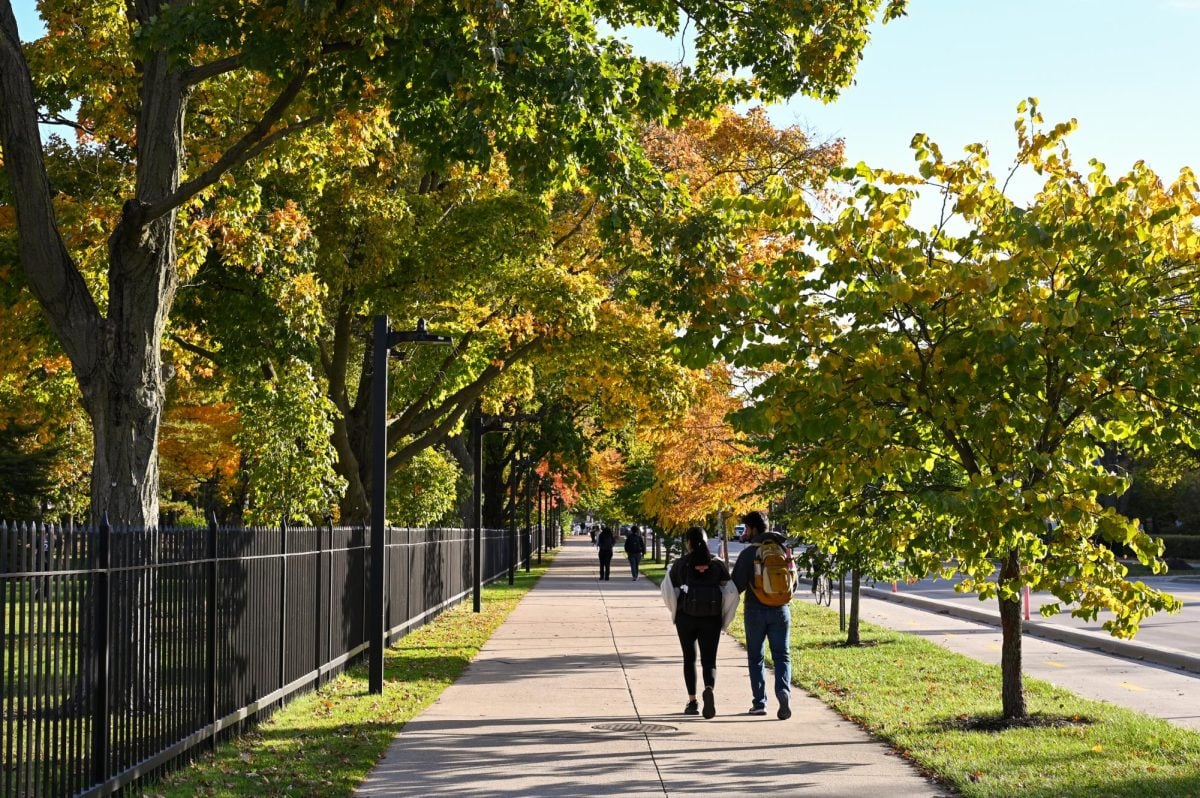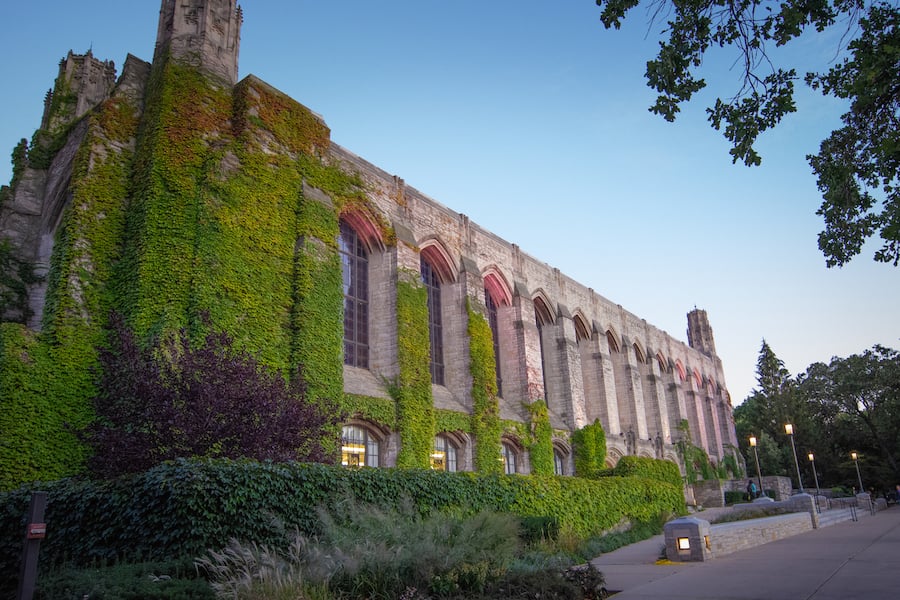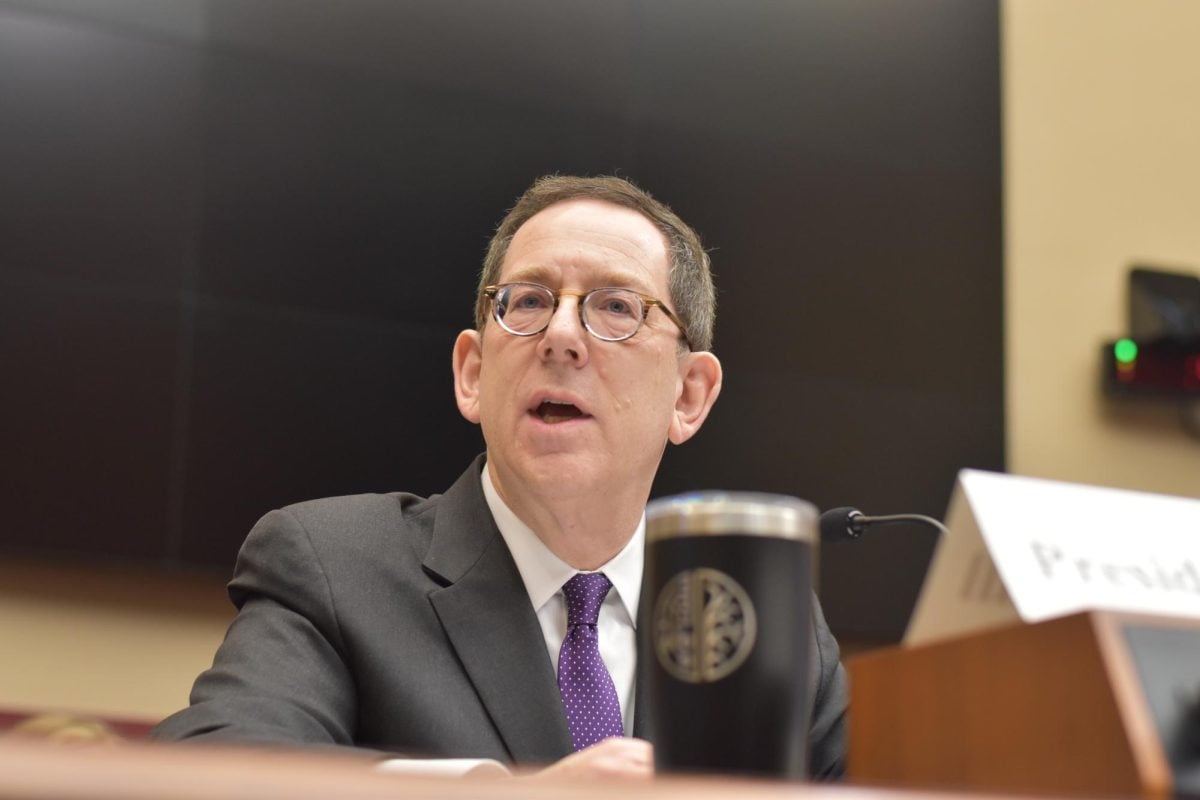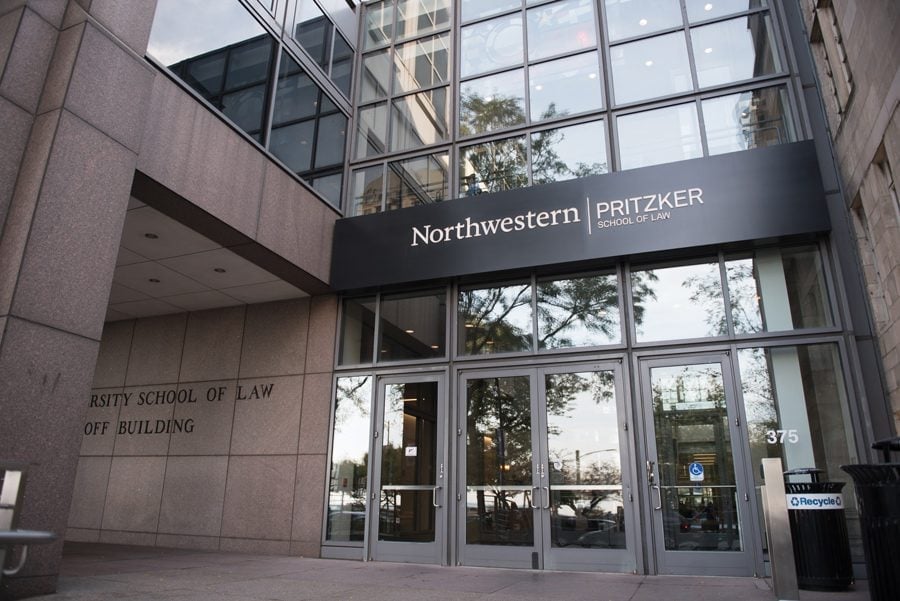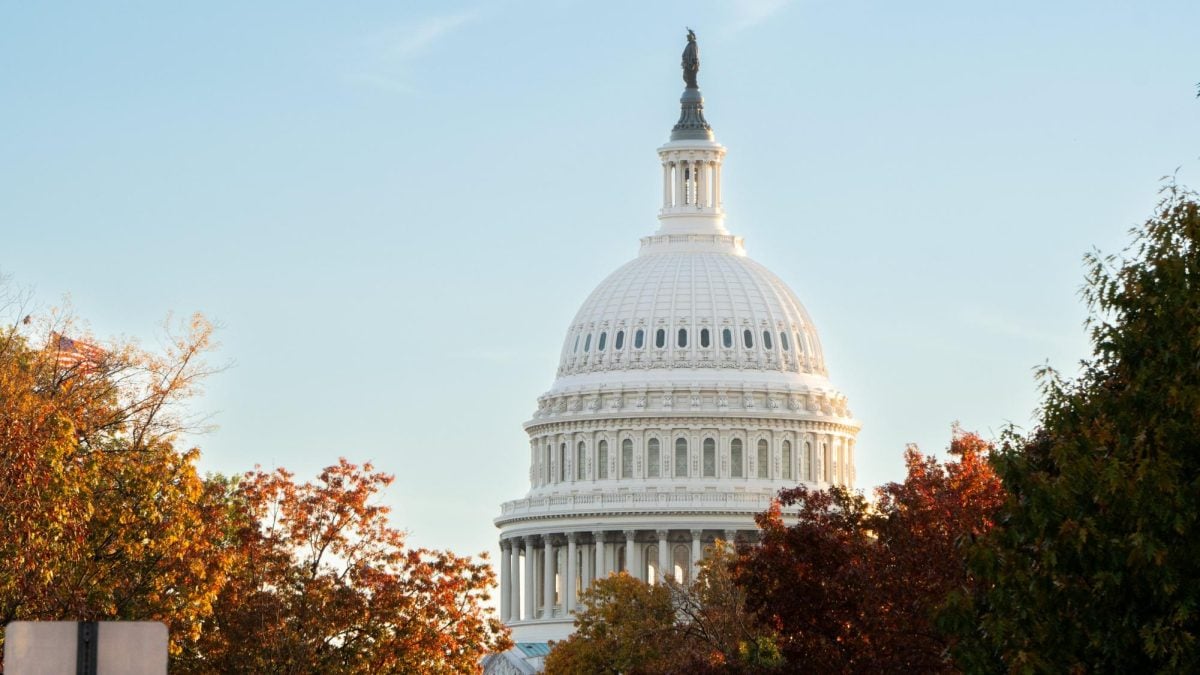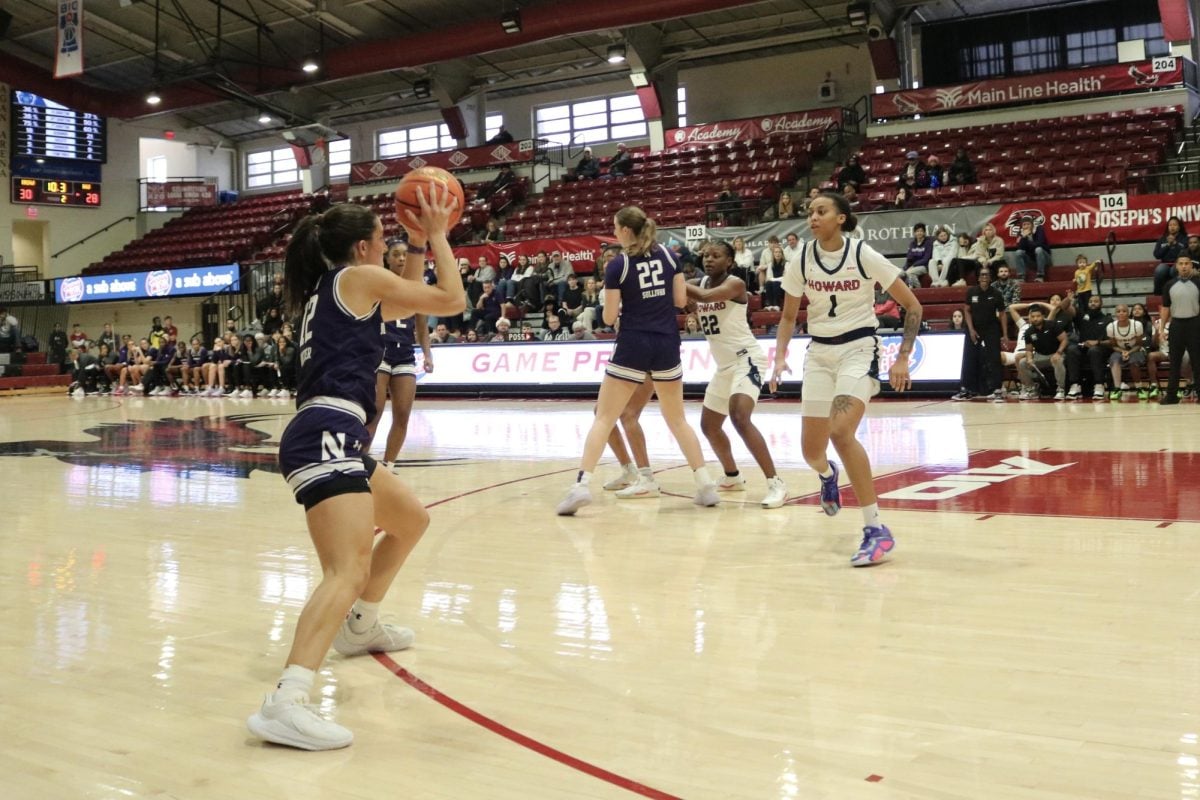A campus coalition is expected to form this quarter in hopes of improving Northwestern’s mental health services.
The coalition is designed to review the ways NU has addressed mental health issues and point out areas for improvement, according to John Dunkle, executive director of Counseling and Psychological Services. It will incorporate a survey formed by the Jed Foundation, an organization focused on providing mental health support for college students.
“The survey walks each campus through various components of a comprehensive approach to addressing mental health and suicide prevention,” Dunkle said. “At the end of it, we get recommendations of how we’re doing, places where we can improve and a seal of approval from the Jed Foundation.”
On its website, the Jed Foundation outlines criteria needed to meet its seal of approval. It evaluates universities’ ability to encourage peer connectedness, identify students who need help, restrict students’ ability to access lethal materials, offer services to better mental health and correctly handle crises.
Thirty colleges received a JedCampus Seal in October, meaning the schools provide widespread mental health programs on campus.
Dunkle will co-chair the new coalition along with Weinberg College of Arts and Sciences Dean Sarah Mangelsdorf.
Dunkle hopes to send invitations to potential participants over the next couple of weeks. One of the goals of the program is to include a “representative sample,” including faculty, staff and undergraduate and graduate students from the Evanston and Chicago campuses, Dunkle said.
Naina Desai, co-president of NU Active Minds, said she believes the coalition will have a long-lasting effect on mental health services at Northwestern.
“In the next few years, I think we’ll be able to put what we learned from it to good use and hopefully improve the treatment of mental health on campus,” the Weinberg senior said. “It’s something that (Dunkle is) really excited about and he really hopes will show people how far we’ve come and will show people how far we have to go.”
In addition to the coalition, Dunkle emphasized the desire to continue to meet student demand for CAPS and make sure outreach programs, such as the suicide prevention program Question-Persuade-Refer, are a top priority.
The development of a peer listening service is also in the works.
“It’s … another avenue to address mental health issues as a community issue,” Dunkle said. “Engaging students to help us with that will create a more comprehensive approach to mental health issues on campus.”
A peer listening group would require a psychologist to supervise and oversee the program. Funding has not been made available to add a new position.
Desai said she thinks CAPS has improved over the last few years but cites lack of funds as a persisting problem.
“They just don’t have the resources to handle the mental struggles of the Northwestern community, and a lot of it’s because they just don’t have the money or they can’t find the right people even when they do get the allowance for it,” Desai said.
Dunkle said he is hopeful a new psychologist will be hired to coordinate the peer listening program.
“I think we’ve been very much supported by the administration in my tenure as director,” Dunkle said.
In addition to hiring someone to supervise the program, a peer listening group would also require significant student training, according to Dunkle.
“It takes a lot of supervision and oversight to make sure that it’s done responsibly and making sure we’re giving the best possible services to our students,” Dunkle said.
Email: [email protected]
Twitter: @anniefb13
